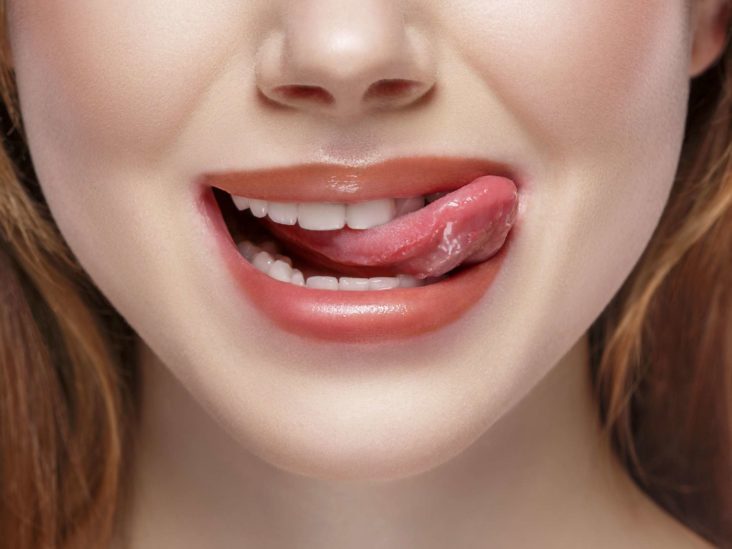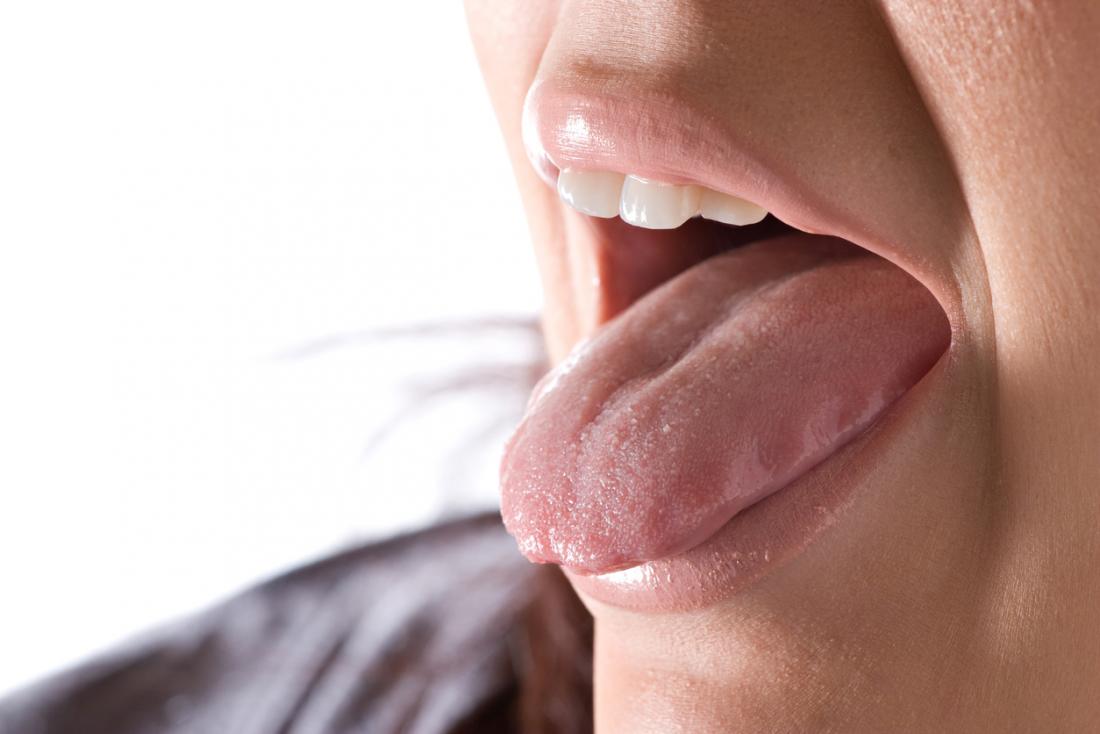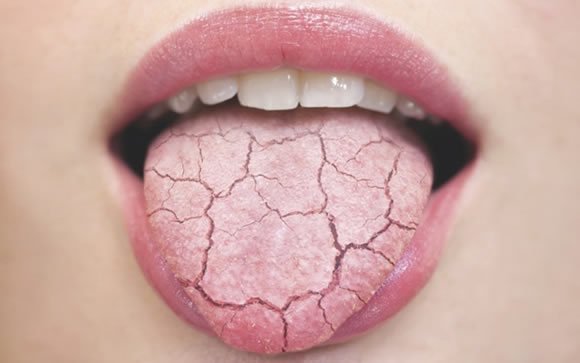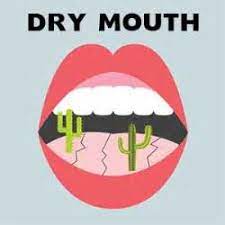How do you keep your mouth moist at night
How to Prevent Dry Mouth
When you have dry mouth, your saliva glands don't produce enough saliva to keep your mouth wet. This can be a problem since saliva is important for keeping your mouth healthy. It helps to prevent cavities and tooth decay by washing away food and bacteria. A dry mouth can also make it difficult to speak or swallow. While there are many potential causes of dry mouth, one of the most common is dehydration. When you're not getting enough fluids during the day, your body's natural response is to produce less saliva.

Dry Mouth at Night Treatment
- Drink plenty of fluids: Keeping the body hydrated will help to prevent dry mouth.
What Can I Do for Dry Mouth
When your mind is constantly racing and you're worried about everything from the past, present and future, it's tough to relax enough to fall asleep. This lack of relaxation can dry out your mouth and leave you feeling parched all night long. If you're struggling with dry mouth at night, there are a few things you can do to help ease the symptoms.


Dry Mouth Treatment Products
34. Constant Dry Mouth
Best Toothpaste for Dry Mouth
12. Phentermine Dry Mouth Treatment.

How to Relieve Dry Mouth
3. Exactly how Do You Remove Dry Mouth Fast
How to Stop Dry Mouth at Night
Finally, it is important to practice good oral hygiene by brushing and flossing regularly. By taking these simple steps, dry mouth can often be alleviated without the need for medication.

How Can I Increase Saliva In My Mouth?
Sucking and chewing both encourage salivation.
Consider ice pops or ice cubes without sugar.
Gum without sugar or hard candies without sugar that contains xylitol.
Try drymouthpro oral rinse. It helps to increase saliva production.
What Foods Help With Dry Mouth?
Soft natural foods like soups, canned fruits, soft cooked/blended veggies like carrots or celery, mashed potatoes, soft-cooked pasta, oats, ice cream, pudding, and popsicles are other examples of soft foods that are beneficial for those with dry mouth.
How Do You Get Rid Of Dry Mouth?
To increase saliva production, chew sugar-free gum or savor sugar-free hard candies.
Reduce your caffeine intake because it can dry up your mouth.
Alcohol-containing mouthwashes should not be used as they can be drying.
If you chew tobacco or if you smoke, stop immediately.
Drink water frequently. Use DrymouthPro oral rinse, it is the most effective remedy.
How Do You Get Rid Of A Dry Mouth Overnight?
Treatments for Dry Mouth at Night
To add moisture to the air at night, use a humidifier.
To stay hydrated, sip lots of water throughout the day.
Use drymouthpro oral rinse. It is a moisturizing mouth mouthwash; stay away from alcohol-containing ones. Eat nothing spicy, acidic, or sweet before going to bed.
Is Dry Mouth A Serious Problem?
On its own, dry mouth is not a major medical condition.
However, it might occasionally be a sign of a different illness that needs medical attention.
Additionally, issues like tooth decay and ulcers in the mouth may result.
What Causes Dry Mouth All Of A Sudden?
Dry mouth may be caused by autoimmune disorders like Sjogren's syndrome or HIV/AIDS, as well as by ailments like diabetes, stroke, oral yeast infection (thrush), Alzheimer's disease, or other health conditions.
Additionally, mouth breathing and snoring can cause dry mouth.
Is Dry Mouth A Symptom Of Diabetes?
Dry mouth is a common symptom of high blood sugar in diabetics.
Sometimes the first obvious sign of diabetes is dry mouth.
Speak with your healthcare physician if you experience dry mouth and suspect you may have diabetes.
Can Stress And Anxiety Cause A Dry Mouth?
Stress can have a variety of physical effects on your body and raise your risk of acquiring a wide range of diseases, including dry mouth.
Dry mouth can result from stress and anxiety, according to the Journal of Dental Research, Dental Clinics, and Dental Prospects.
Does Lemon Water Help With Dry Mouth?
Lemon is a well-known natural treatment for dry mouth because of its citric acid concentration and tart flavor.
Will Dry Mouth Go Away?
Drink water: Drinking enough of water can keep you hydrated and ease dry mouth.
According to studies, dehydration may contribute to dry mouth.
Increased water consumption can aid in the treatment of mild dehydration.